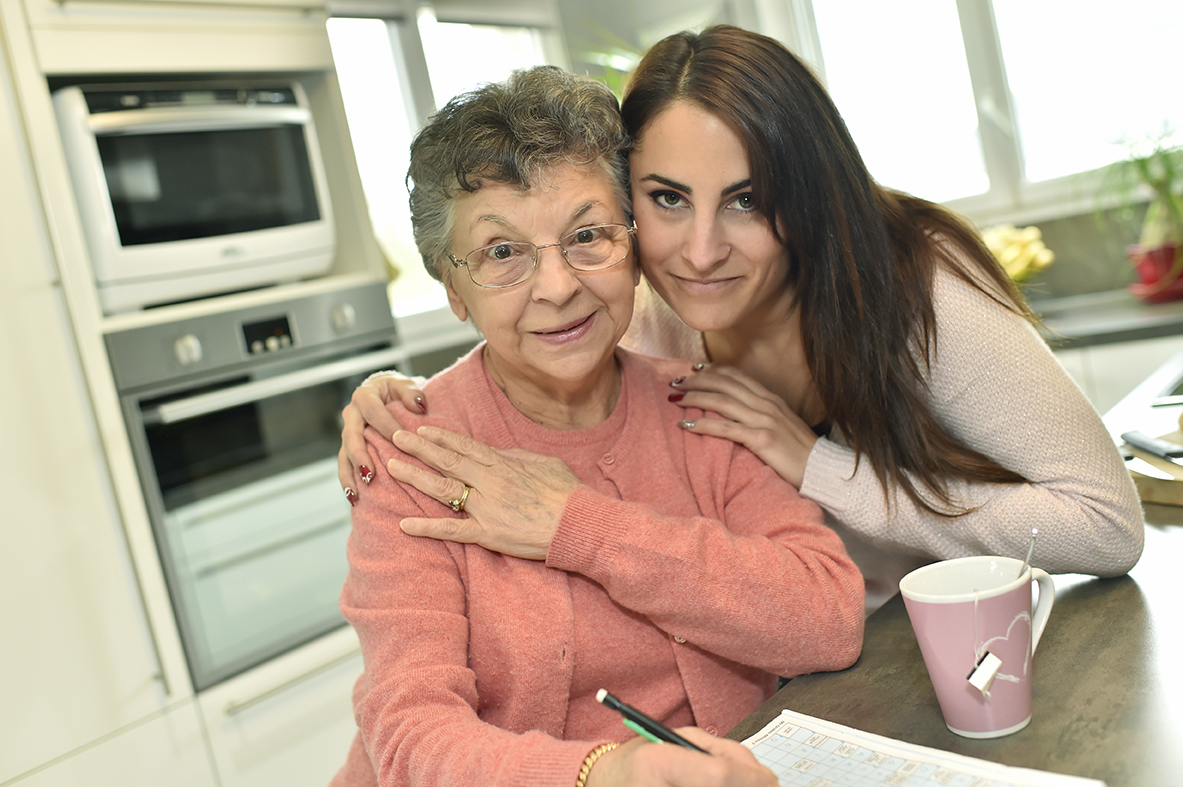
Food is not only about calories and nutrients. For seniors, mealtimes are moments of connection, memory, and comfort. In elderly care, the focus on nutrition often goes hand in hand with social interaction, as dining becomes a therapeutic tool to reduce isolation, encourage appetite, and promote wellbeing.
This article explores how social dining functions as a form of therapy—supporting both the physical health and emotional balance of older adults.
Why Social Dining Matters in Elderly Care
Find YOUR ideal care home NOW!
Eating alone is strongly linked to loss of appetite, weight loss, and feelings of loneliness. In contrast, sharing meals encourages seniors to:
- Eat more regularly and maintain a healthier diet.
- Engage in conversation, reducing isolation.
- Reconnect with cultural or family traditions.
- Strengthen social bonds and friendships.
- Enjoy food as a pleasurable and meaningful activity.
Benefits of Social Dining Beyond Nutrition
| Benefit | Description | Impact on Seniors |
|---|---|---|
| Improved Appetite | Group settings make meals more appealing and encourage eating. | Reduces risks of malnutrition and weight loss. |
| Cognitive Stimulation | Conversations during meals keep the mind engaged. | Supports memory and reduces cognitive decline. |
| Emotional Comfort | Sharing food evokes familiarity and cultural rituals. | Creates a sense of belonging and reduces anxiety. |
| Routine & Structure | Regular meal times create predictable daily rhythms. | Provides stability and reassurance, especially for dementia care. |
| Community Building | Communal dining spaces promote interaction between residents. | Strengthens social networks and combats loneliness. |
Noticing how mealtimes affect mood and social connection?
For many seniors, eating is not only about nutrition but also about social interaction, routine and emotional wellbeing. Shared meals can help reduce isolation, stimulate appetite and support a sense of belonging. When eating alone becomes frequent or when social withdrawal begins to affect daily life, families may start to question whether the current living situation still meets emotional and practical needs. Senior Home Plus offers free guidance to help families understand care and nursing home options across the UK when quality of daily life becomes a priority.
Get guidance on care optionsFree guidance • No obligation
The Therapeutic Dimension of Dining
Social dining can be seen as a form of therapy because it addresses both physical and psychological needs. For seniors with dementia, group meals may reduce agitation and improve cooperation. For those at risk of malnutrition, enjoying food with others can restore appetite and enthusiasm.
Care settings often design dining experiences with inclusive practices:
- Adapted menus that suit dietary and medical needs.
- Tables arranged to encourage conversation and eye contact.
- Cultural or seasonal meals that celebrate traditions.
- Gentle support from staff to maintain dignity and independence.
FAQ – Social Dining in Elderly Care
Why is eating alone risky for seniors?
It often leads to reduced appetite, nutritional deficiencies, and emotional loneliness.
How does social dining help with dementia?
Familiar mealtime routines and group settings provide reassurance and encourage cooperation.
Do shared meals improve physical health?
Yes. Seniors who eat with others are more likely to consume balanced meals, preventing malnutrition.
Is social dining a replacement for medical nutrition plans?
No. It complements medical diets by ensuring seniors also enjoy food socially and emotionally.
Nutrition goes beyond vitamins and minerals. For seniors, shared meals act as therapy, offering companionship, stimulation, and a renewed joy in eating. By prioritising social dining, care environments transform mealtimes into opportunities for health, dignity, and belonging.
Need help finding a care home?
Senior Home Plus offers free personalized guidance to help you find a care facility that suits your health needs, budget, and preferred location in the UK.
Call us at 0203 608 0055 to get expert assistance today.
Search for Care Homes by Region in the UK
| East Midlands | Eastern | Isle of Man |
| London | North East | North West |
| Northern Ireland | Scotland | South East |
| South West | Wales | West Midlands |
| Yorkshire and the Humber |
You are looking for a care home or nursing home for your loved one ?
Share this article :
Latest posts
You are looking for an establishment for your loved one ?
Get availability & prices
Fill in this form and receive
all the essential information
We would like to inform you of the existence of the opposition list for telephone canvassing.










